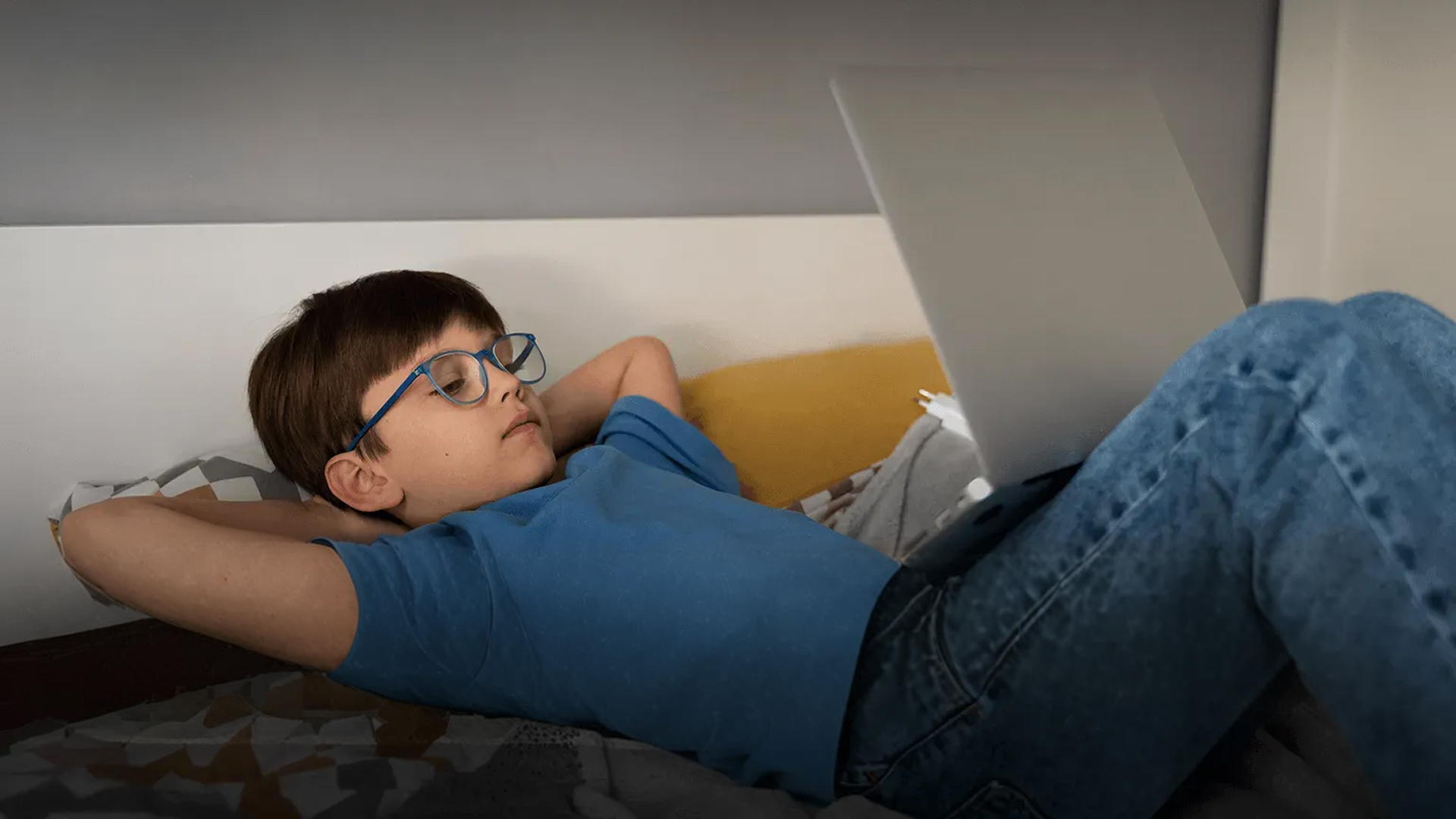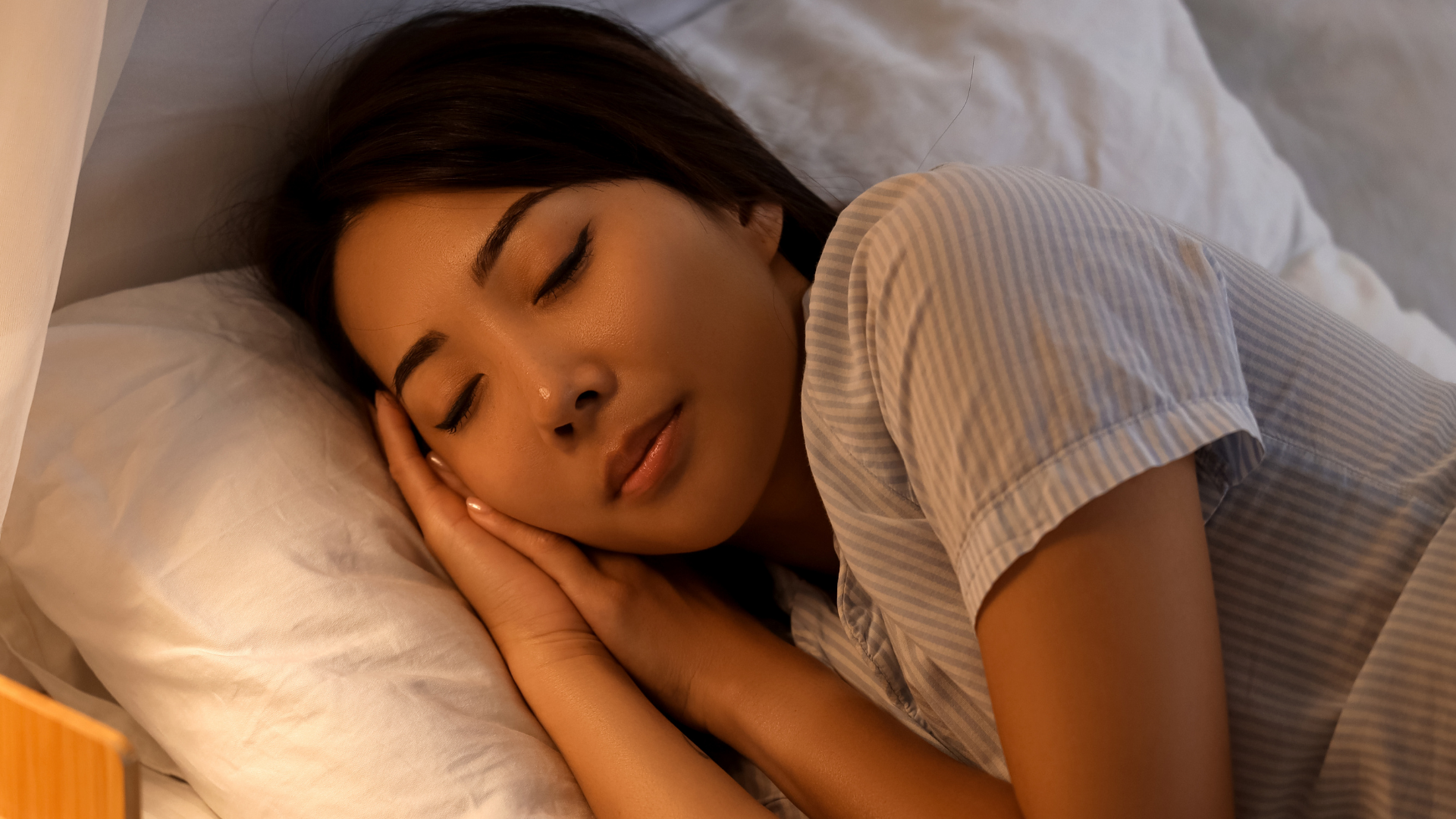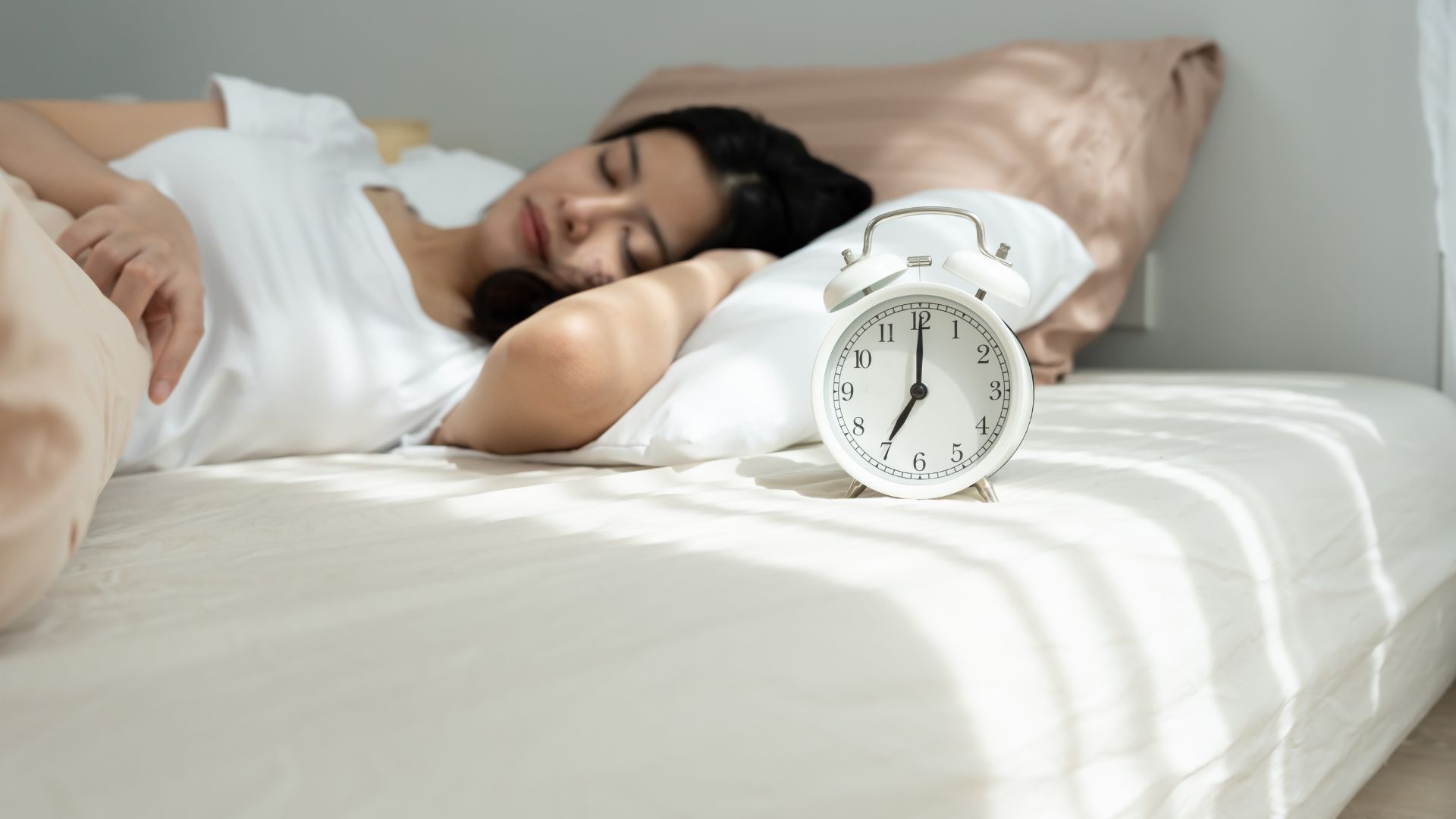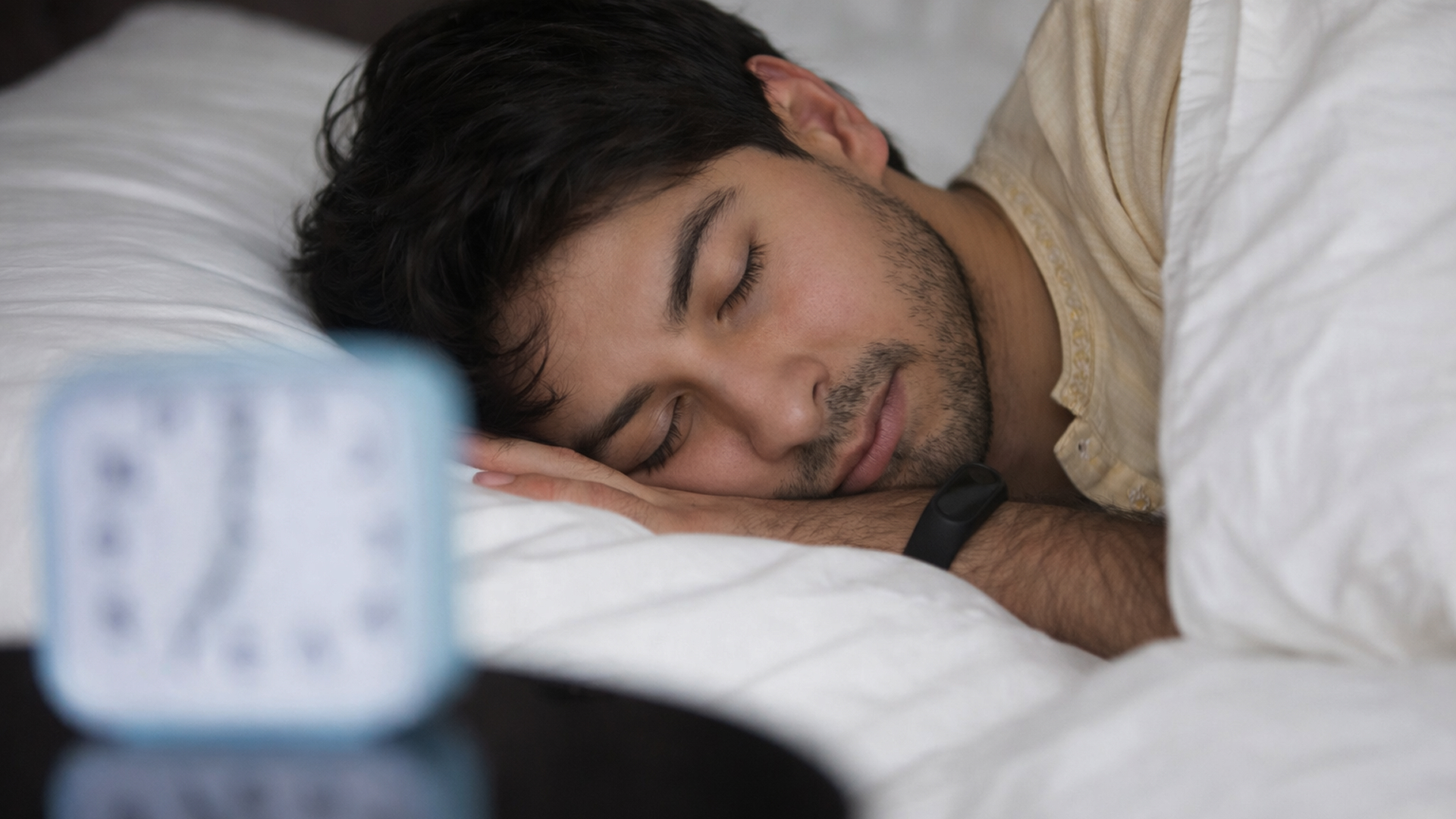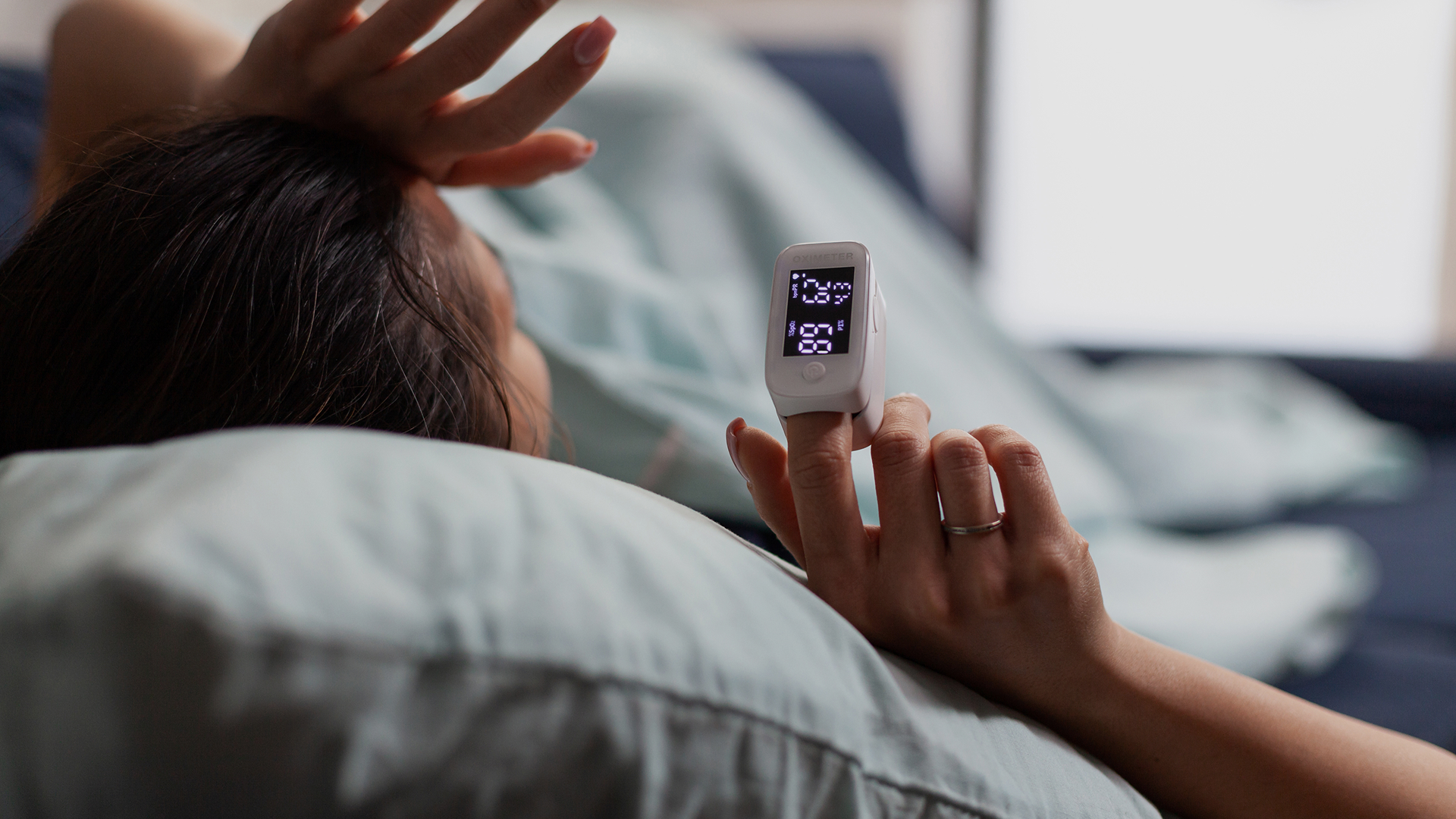Adolescence is a pivotal period of growth, yet many teens face an often-overlooked challenge: inadequate sleep. With the demands of academics, extracurricular activities, and social pressures, coupled with increased screen time and hormonal changes, many teenagers struggle to get the recommended 8 – 10 hours of sleep each night. This sleep deficit isn’t just about feeling tired, it has profound implications for their well-being. Teens who consistently lack sleep may experience academic challenges, emotional and mental health issues, increased risk of accidents, and behavioural concerns. Addressing this issue requires a holistic approach, including educating teens and parents, implementing healthy sleep habits, and advocating for later school start times to promote better rest. By prioritising sleep, we can support our teens in achieving their full potential and leading healthier, more balanced lives.
Why Do Teens Have Trouble Sleeping?
Many teens find it difficult to achieve the 8–10 hours of sleep they need because adolescents undergo a shift in their circadian rhythm as they enter adolescence. This shift to a later circadian rhythm is referred to as “night owl” syndrome, and it can make teens feel awake until the late hours and sleepy in the morning.
The delayed sleep phase disorder can add extra challenges to waking up early for school. Together with the occurrence of bright lights at home and exposure to blue light from screens, which further interrupts melatonin (the hormone that indicates sleep) production, more teens are experiencing sleep deprivation. Indeed, biological changes along with environmental changes are likely contributing factors to increased sleep deprivation in adolescents.
But that’s not all that keeps teens up. Bright lights and the blue light from electronic devices can also prevent the release of melatonin, making sleep even more difficult.
Many people deal with insomnia, whether it be falling asleep or staying asleep. There are all kinds of factors that can make it difficult to sleep, including:
- feeling uncomfortable or sick (a stuffy nose, headache, or other pain, for example)
- uncomfortable sleeping environment (a room that’s too hot, cold, bright, or noisy)
- stress or anxiety, like worrying about school, relationships, or problems at home
- mental health problems, such as depression or post-traumatic stress disorder (PTSD)
- some medical problems
- some medicines
- poor sleep habits
Everyone has trouble falling asleep from time to time. But if insomnia happens several nights a week or for months, it’s time to talk to your doctor.
Common Sleep Problems in Teens
Sleep issues in adolescents often go unnoticed or are brushed off as laziness or hormonal mood swings. But these signs could indicate deeper problems:
- Delayed Sleep Phase Syndrome (DSPS):
Teens fall asleep very late and struggle to wake up on time, leading to chronic sleep loss. - Insomnia:
Difficulty falling or staying asleep, often linked to anxiety, screen addiction, or poor sleep hygiene. - Excessive Daytime Sleepiness:
Constant yawning, dozing off in class, or needing long naps due to poor nighttime sleep. - Restless or Fragmented Sleep:
Waking up multiple times during the night due to stress or a poor sleep environment. - Sleep Deprivation Effects:
Reduced alertness, memory issues, poor focus, irritability, and even an increased risk of accidents.
Why Adolescent Sleep Matters
Sleep plays a vital role in brain development, emotional regulation, and overall health during the teenage years. Here’s why it’s so critical:
- Cognitive Function & Academic Performance:
A well-rested brain processes information better, enhances memory, and improves learning capacity. - Mental Health Stability:
Sleep deprivation is strongly linked to depression, anxiety, irritability, and emotional outbursts. - Immunity Boost:
Sleep strengthens the immune system. Teens who don’t sleep enough may fall sick more often. - Risky Behaviors:
Tired teens may show impulsiveness, poor judgment, and a higher risk of substance abuse or risky decisions. - Hormonal & Weight Regulation:
Lack of sleep is associated with hormonal imbalance and an increased risk of obesity in adolescents.
How Can I Sleep Better?
If you are not getting enough sleep at night, take a look at your sleep routine. Set regular bed and wake-up times. If you know what time you have to wake up in the morning, count back at least 8 hours from there. Try to stick to the schedule as closely as you can, even on weekends.
Here are some tips for better sleep:
- Keep the bedroom dark, cool, and quiet.
- Don’t keep a TV or video game system in the bedroom.
- About an hour before bedtime, put away homework and turn off all screens (TV, computers, and handheld devices). Turn off or silence cellphones. Consider charging phones outside the room.
- Try a relaxing bedtime routine, like taking a warm bath or shower, reading, listening to music, or meditating before going to sleep.
Avoid caffeine (found in coffee, tea, soda, energy drinks, and chocolate) in the late afternoon and evening. - Get regular exercise (but not too close to bedtime).
- If you are very tired during the day, take a short nap (less than an hour) in the early afternoon. Longer or later naps make it harder to fall asleep at night.
How RemeSleep Helps Teenagers Sleep Better
At RemeSleep Sleep Solution, we understand that adolescent sleep is unique and requires specialised, empathetic care. Our expert-led team creates custom sleep care plans for teenagers, combining:
- At-home sleep assessments to track real-time patterns
- CBT-I (Cognitive Behavioral Therapy for Insomnia) tailored for adolescents
- Parental coaching to support better routines
- Screen time management and lifestyle changes
- Stress and anxiety reduction therapy
Our care goes beyond diagnosis; we focus on sustainable, healthy sleep habits for the long term.
Frequently Asked Questions (FAQs)
Q1. How many hours of sleep does a teenager need?
Teens should get 8 to 10 hours of sleep each night.
Q2. Can poor sleep affect academic performance?
Yes. Sleep-deprived teens often struggle with memory, focus, and emotional control.
Q3. What are the signs of sleep problems in teens?
Difficulty waking up, irritability, falling asleep in class, and frequent headaches.
Q4. Are medications necessary for treating teen sleep problems?
Not always. RemeSleep focuses on non-pharmaceutical methods, such as CBT-I and behavior-based interventions.
Q5. Can parents help improve their teens’ sleep?
Yes. Structured routines, reduced screen time, and a healthy sleep environment can help significantly.
